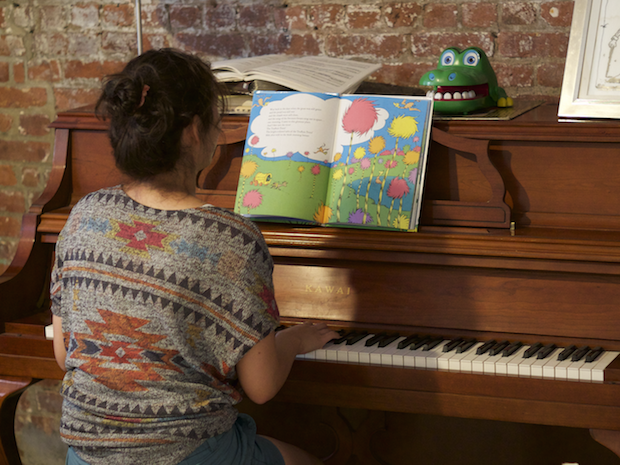 Image via flypaper.soundfly.com
Image via flypaper.soundfly.com
This article originally appeared on Soundfly.
All lyricists struggle from time to time to turn that perfect event that just happened into a compelling song. Story writing and songwriting can be very different, so here are a few tips to help you turn your next crazy life event into a best-selling hit.
1. Make lists
Lists will be your best friends. Make a list of events that happened, and order them in terms of importance. You'll probably only be able to fit the first three or four events into the song. While longer stories can have many events, plots, subplots, and vast character development, songs need to take the meatiest parts of the story and sell them to their audience.
It's also helpful to have a list of "song words." There are specific words that are going to sound much better in songs than others. Have this list handy when you're working on descriptions, and it'll become a lot easier to move the plot forward. It's just the thing to get you over your writer's block trying to describe the look on his face when you broke his heart.
2. Describe events in the verses, and leave emotions for the chorus
Just like all of those Greek tragedies you had to read in high school, the verses of your songs tell the events that happened, and the chorus is the emotional reaction to those events.
By having the chorus focus on the overarching emotional reaction or discovery to the happening, you give your listener a reason to engage with a story and fill the verses with a bigger meaning. Because of that, the chorus can be either the very easiest or most difficult part of the song to write. It can be difficult to connect all of the events and summarize them into a couple of sentences, but if you already have your reaction and know your reason for writing the song, you're well on your way to a chorus.
3. Try singing the story out
One of the more difficult things for me as a songwriter is eventually turning the words I have into music. A new technique I've been trying out lately is literally just singing out the words. It will help you find the emphasis you want to put on certain parts of the song, and see which way the melody naturally flows. It will be much easier to find chords to back your emotions and aid your story if you know the exact feeling you're going for. Just remember: this is your story and your time to tell the audience about your latest discovery in life.
Songwriting is an excellent way to tell the world your stories, and with a few quick adjustments, you can make your song the next greatest thing! If you're ready to start putting your words to music but need some help, check out Soundfly's new course, The New Songwriter's Workshop.
Get more songwriting tips:
- 5 Exercises to Write More Creative Lyrics
- When, How, and Why to Break the Rules of Songwriting
- 7 Easy Things You Can Do Right Now to Get Out of a Songwriting Rut
- How to Write Songs That Get Stuck in People's Heads
- How to Find Co-Writers
Kelly Leprohon recently graduated from Fordham University in Psychology and Music. She plays piano, viola, guitar, sings, and recently started the Fordham Songwriting Club. She's interning at both Soundfly and Sing for Hope and is feeling pretty optimistic about the future!


